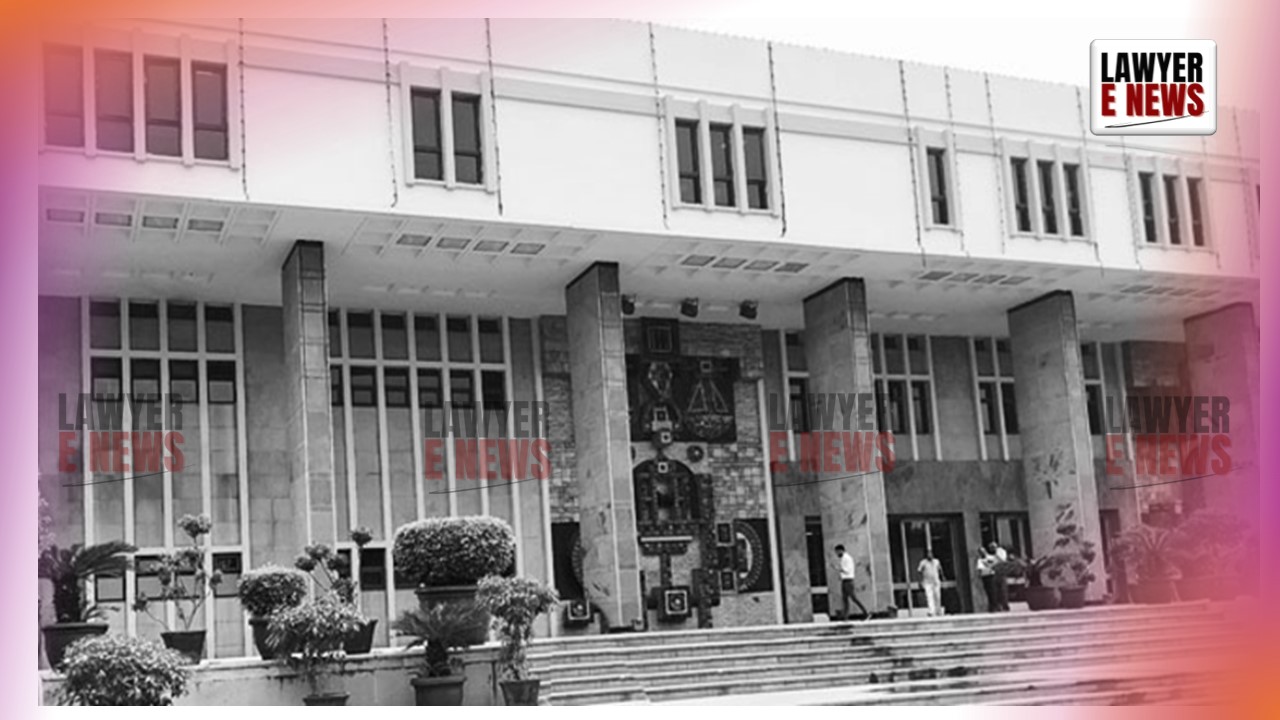-
by Admin
17 December 2025 4:09 PM



Delhi High Court dismissed a bail application filed by the petitioner under Section 439 of the CrPC. Justice Anish Dayal rejected the plea in connection with allegations under the Narcotic Drugs and Psychotropic Substances Act, 1985 (NDPS Act), the Unlawful Activities (Prevention) Act, 1967 (UAPA), and the Indian Penal Code (IPC). The case involves an international drug smuggling network linked to the seizure of 102.784 kg of heroin, hawala transactions, and ₹1.34 crores recovered from Singh's residence. The court held that the petitioner failed to meet the rigorous twin conditions under Section 37 of the NDPS Act.
The case emerged from the April 2022 seizure of 102.784 kg of heroin concealed in licorice root consignments at the Integrated Check Post in Atari, Amritsar. Investigations revealed a highly organized international drug syndicate involving dummy companies and encrypted communication tools. The syndicate smuggled heroin from Afghanistan, routed funds through hawala operators, and operated with significant technological sophistication. Singh, accused as a financial facilitator, was implicated in transferring funds for the syndicate. In October 2022, ₹1.34 crores were recovered from his residence, further linking him to the operation.
The petitioner sought bail on the grounds of parity with a co-accused, Vipin Mittal, who had been granted bail due to unique medical circumstances and limited involvement. However, the court emphasized that under Section 37 of the NDPS Act, bail can only be granted when the court is satisfied that the accused is not guilty and is unlikely to commit further offenses. The court observed that Singh’s substantial role as a financial facilitator, coupled with the recovery of ₹1.34 crores, negated these twin conditions.
Justice Dayal held that Singh failed to provide a rational commercial explanation for the ₹1.34 crores found in his possession. The court noted that Singh's alleged ignorance of the source of funds he transferred on behalf of the syndicate was implausible. The court found that Singh actively participated in hawala operations and transferred funds to accounts linked to co-accused individuals and dummy companies like M/s QSA Fashion and M/s R.H. Advertising.
The court highlighted the syndicate’s use of dummy companies, encrypted messaging apps like BOTIM, Signal, and Telegram, and a transnational modus operandi to smuggle heroin and launder money. Singh’s meetings with the alleged mastermind Shahid Ahmed in Dubai and his role in coordinating fund transfers were deemed critical evidence of his involvement.
The statements of Lakhbir Singh (petitioner’s employee) and Tanveer Ahmed (co-accused turned approver) were deemed credible and corroborated by circumstantial evidence. The court dismissed Singh’s argument that these statements constituted inadmissible hearsay, noting their alignment with other factual findings.
Justice Dayal underlined the societal and economic dangers posed by drug trafficking, calling it a "multi-dimensional crime." The court stressed India’s vulnerability as a transit hub in the global drug trade and the need to curb such organized criminal activities.
The court dismissed the bail application, emphasizing the seriousness of the allegations, the weight of evidence, and Singh’s potential flight risk. The ruling underscores the high threshold for bail under the NDPS Act, especially in cases involving organized drug syndicates and large-scale smuggling.
Date of Decision: December 2, 2024
